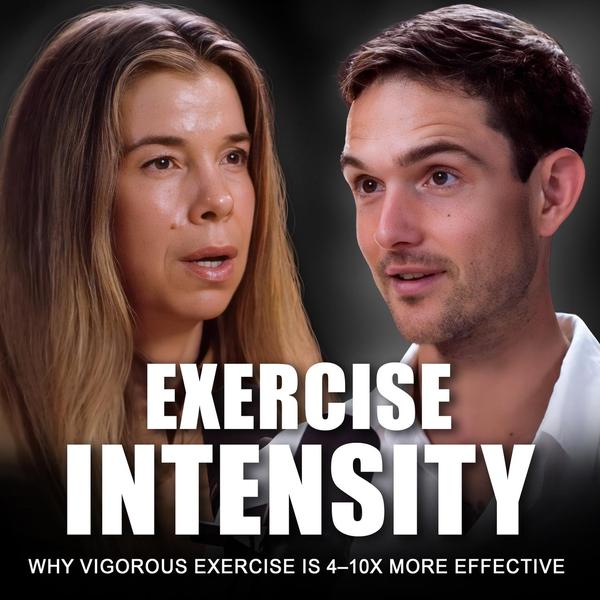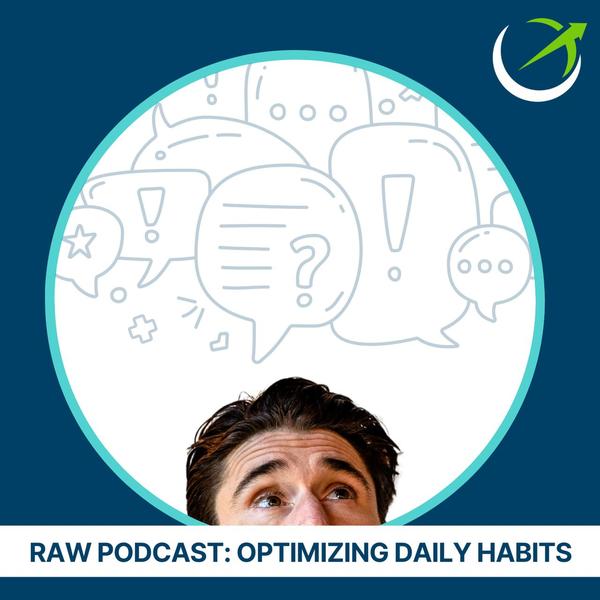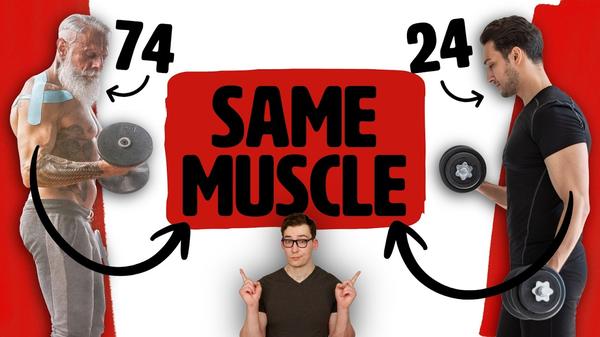Rucking: benefits, gear, FAQs, and the journey from Special Forces to founding GORUCK | Jason McCarthy
Peter Attia
Mar 4, 2024
Mindsip insights from this episode:
Avoid weight vests to maintain proper posture
Unlike a rucksack that can be posture-corrective by pulling the shoulders back, a weight vest often causes poor posture by compressing the body downwards and forcing you to hunch over to breathe.
Ruck downhill to strengthen eccentric muscles and prevent falls
Walking down steep hills with a weighted ruck is an excellent way to train your 'brakes,' or eccentric strength, which is critical for preventing falls as you age.
Incorporate 'ruck shuffle' for low-impact cardio boost
A middle ground between walking and running with weight is the 'ruck shuffle,' where you keep your feet low to the ground and move them as fast as possible to increase your heart rate without the high impact of running.
Choose rucking over running for safer workouts
According to data from Special Forces training, running is the number one cause of injury by a large margin, while rucking (marching) is significantly safer.
Build community and overcome depression through dog companionship
The most foundational community can be just you plus a dog, and the need to serve his dog was the key that helped the speaker overcome a period of deep depression after leaving the military.
Prioritize mental toughness over physical strength in training
The most physically imposing athletes, like the 'statue of what physicality should be,' are often the first to quit grueling Special Forces training because success is determined by mental toughness.
Prioritize functional strength over size in elite military training
In elite military units, you can never be too strong, but you can definitely be too big because non-functional body weight just makes you slower.
Incorporate daily yoga to enhance performance and prevent injury
To prevent injury from the high volume of rucking, Jason McCarthy secretly did yoga daily to gain a physical and mental edge during his Special Forces qualification course.
More from
Peter Attia
AMA #78: Longevity interventions, exercise, diagnostic screening, and managing high apoB, hypertension, metabolic health, and more
Ketogenic diet, ketosis & hyperbaric oxygen: metabolic therapies for weight loss, cognition, Alzheimer's & more | Dom D'Agostino, Ph.D.
The evolutionary biology of testosterone: how it shapes male development and sex-based behavioral differences, | Carole Hooven, Ph.D.
The impact of gratitude, serving others, embracing mortality, and living intentionally | Walter Green (#288 rebroadcast)
Thyroid function and hypothyroidism: why current diagnosis and treatment fall short for many, and how new approaches are transforming care | Antonio Bianco, M.D., Ph.D.
You also might be interested in
#108 The Best Type of Exercise for Longevity
Exercise Snacks are a Longevity Cheat Code
Optimizing Daily Habits: Snacking, Movement, Light Exposure, and More Wellness Hacks LIFE Network: RAW Podcast #3
You Can Stay Young—If You Stay Strong
How This One Habit Built a Life of Confidence, Resilience & Success | Warren Smith











